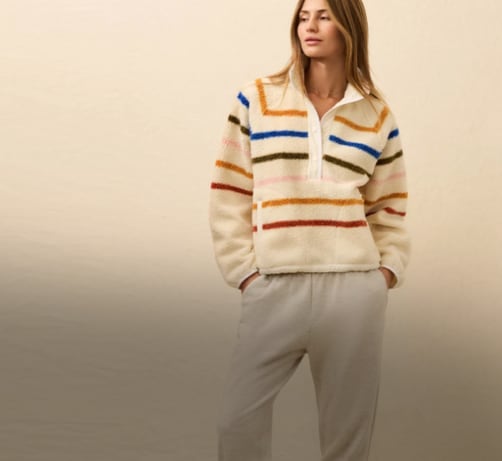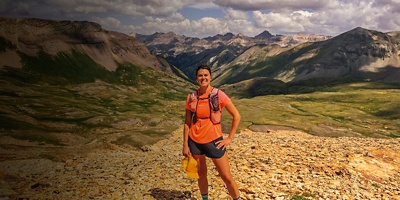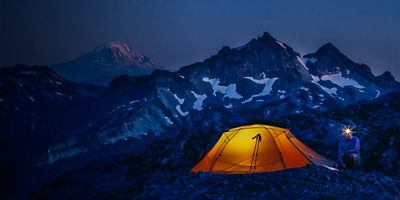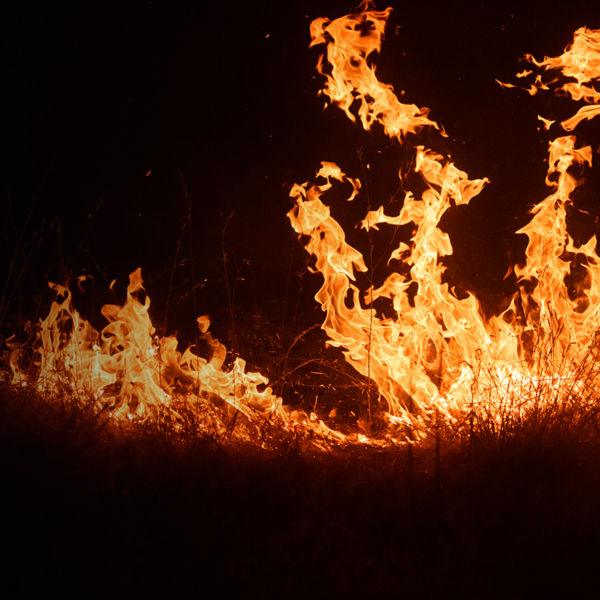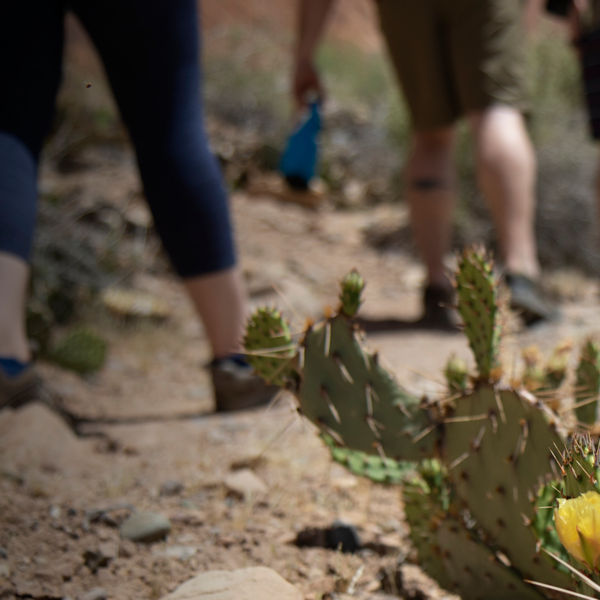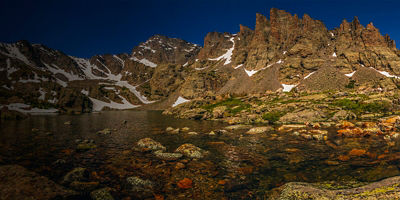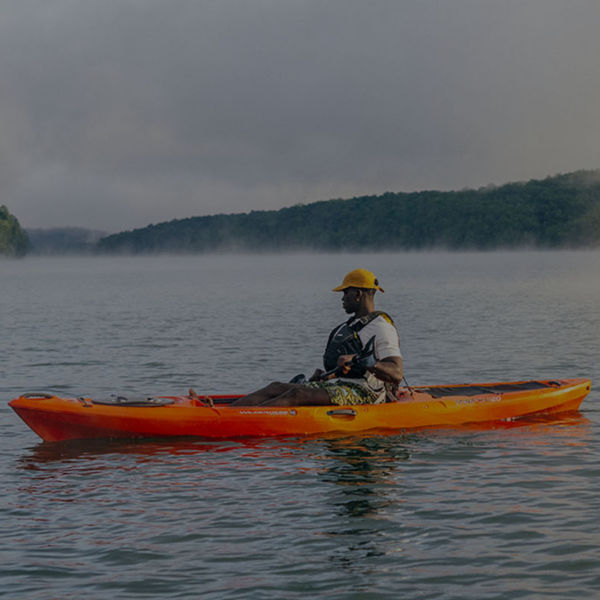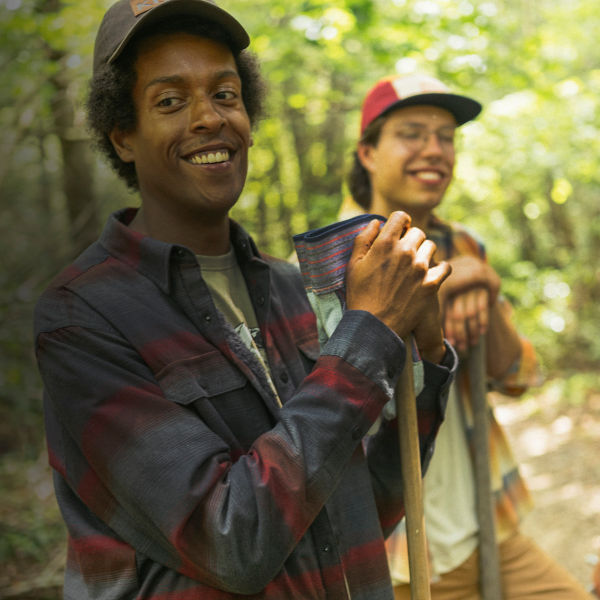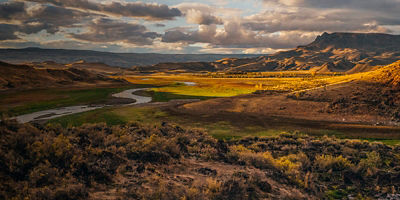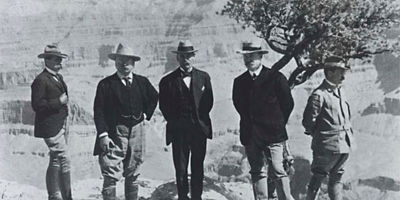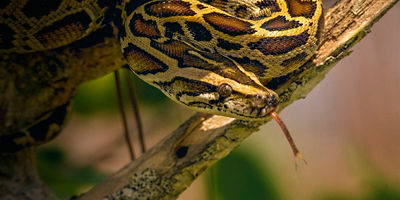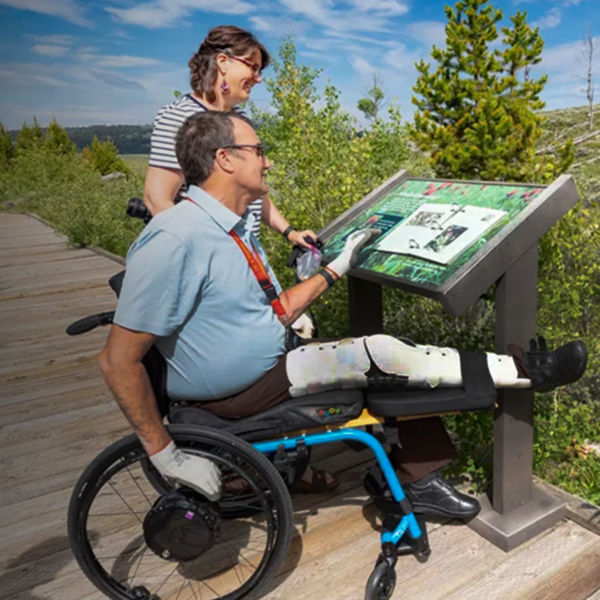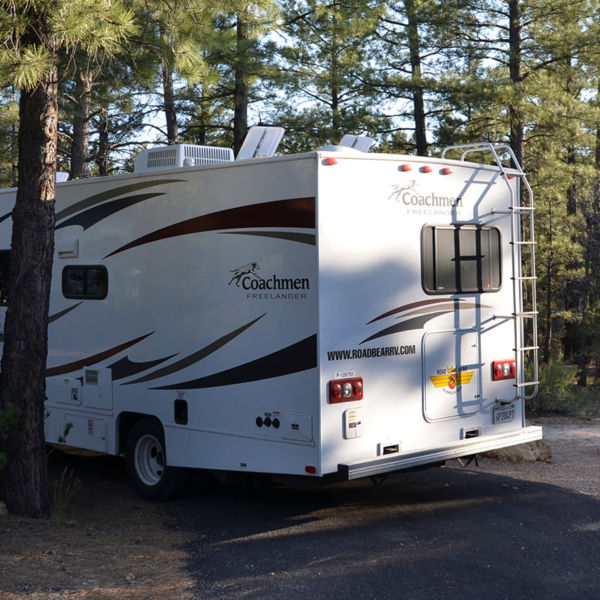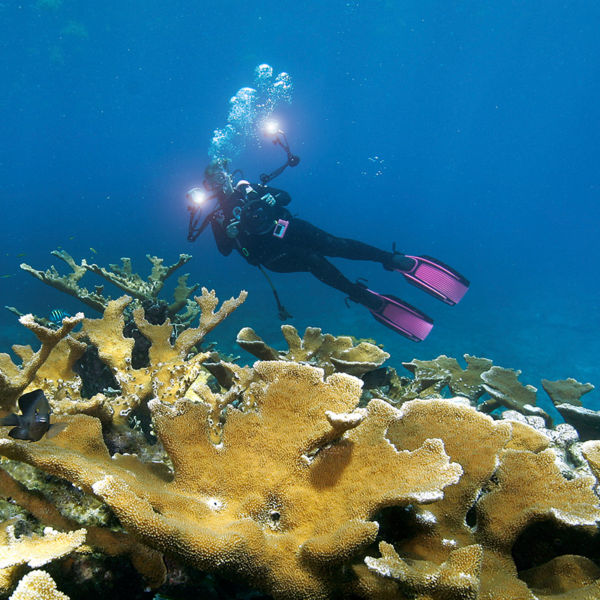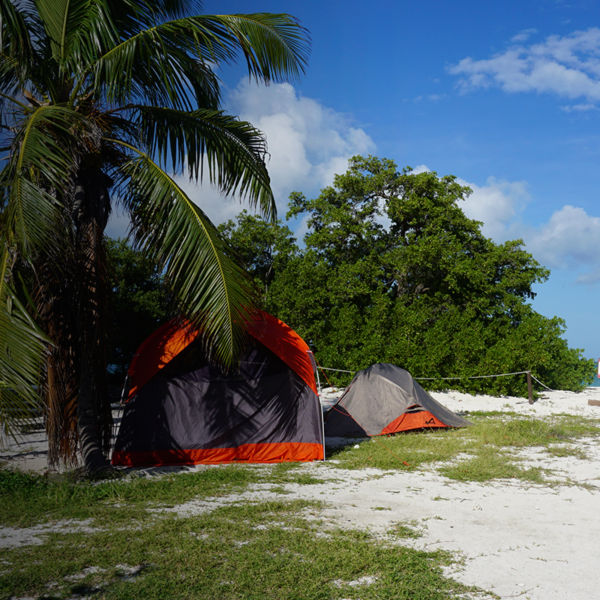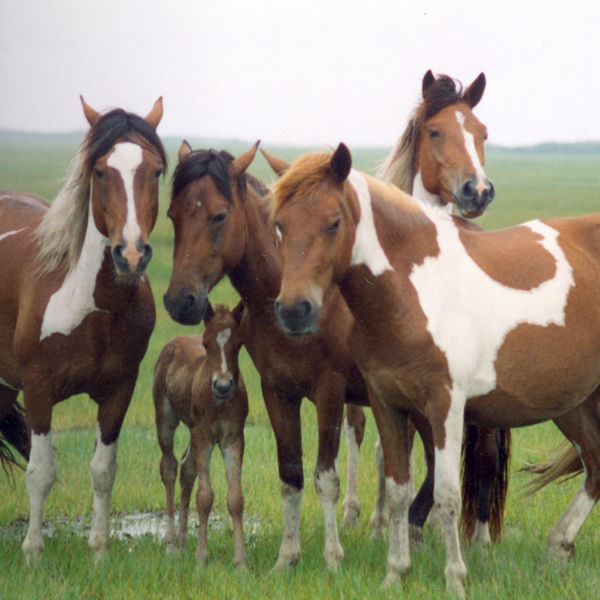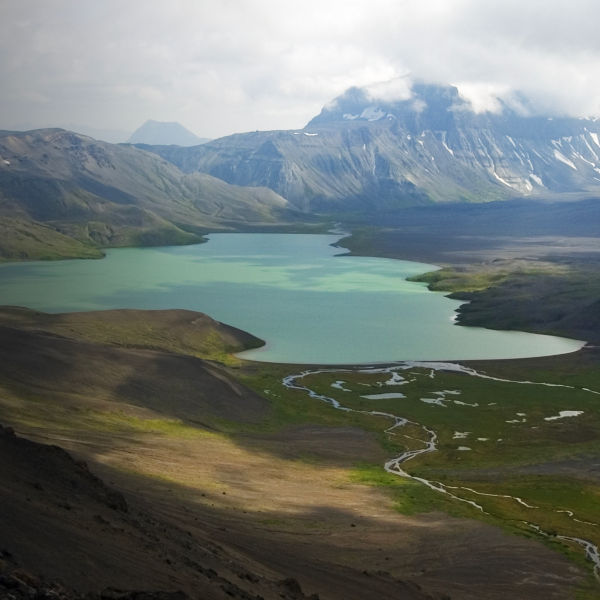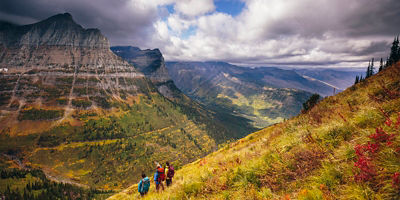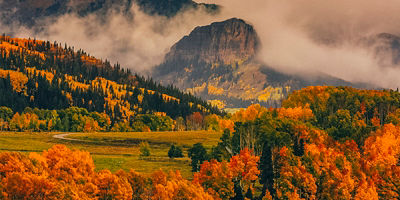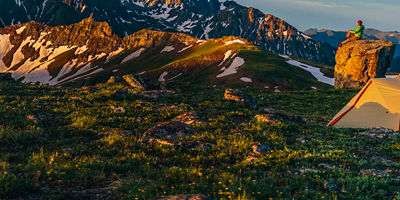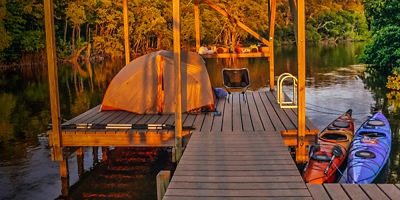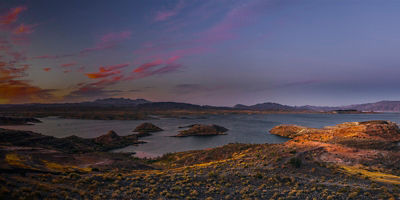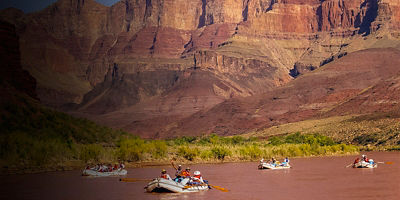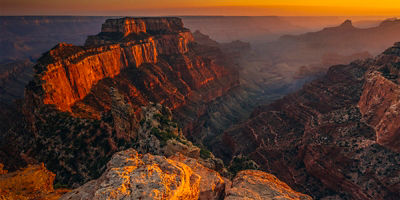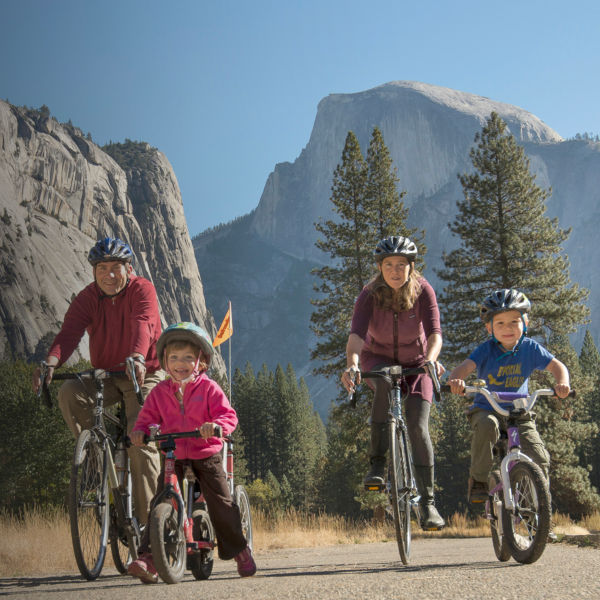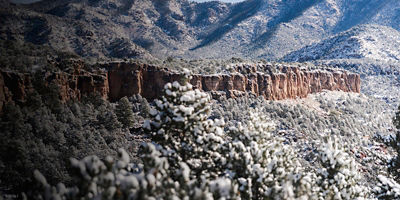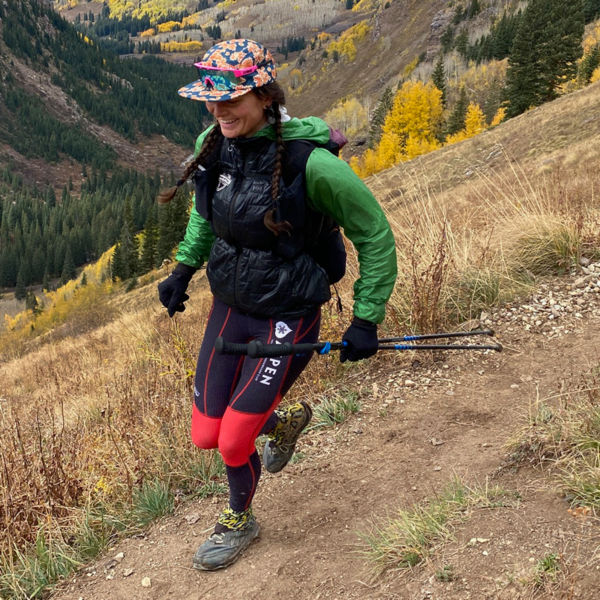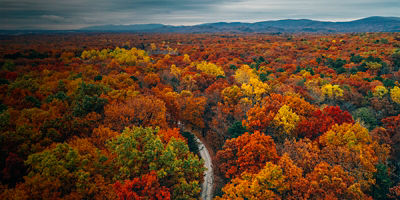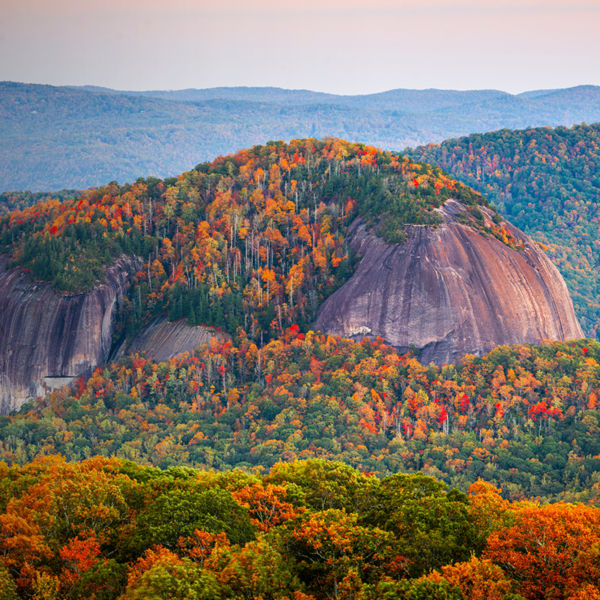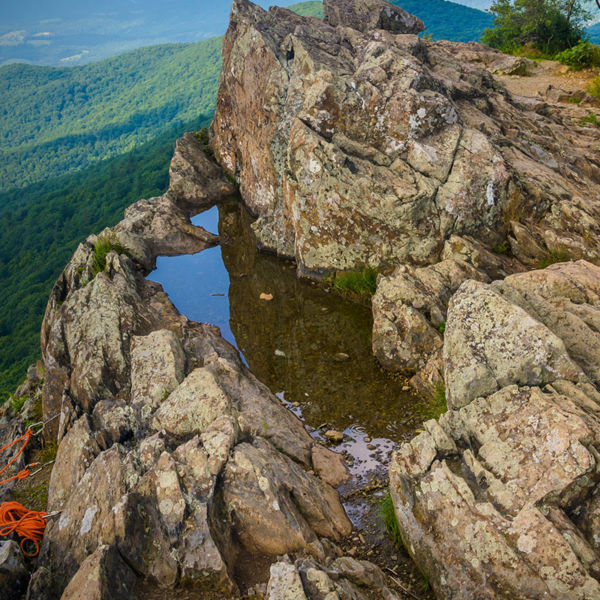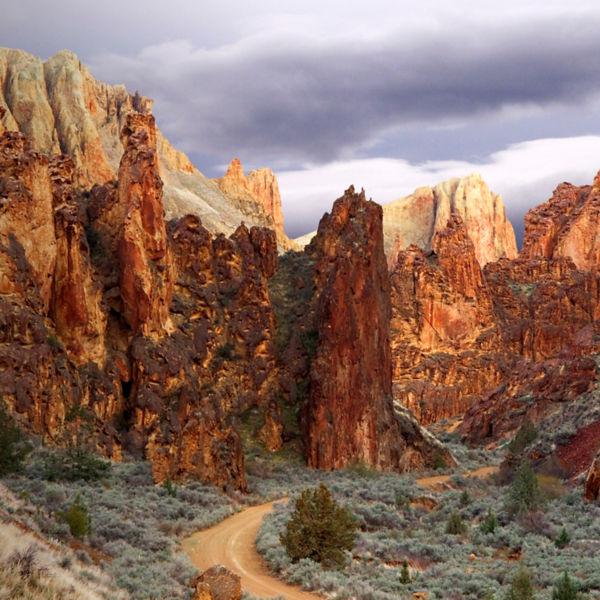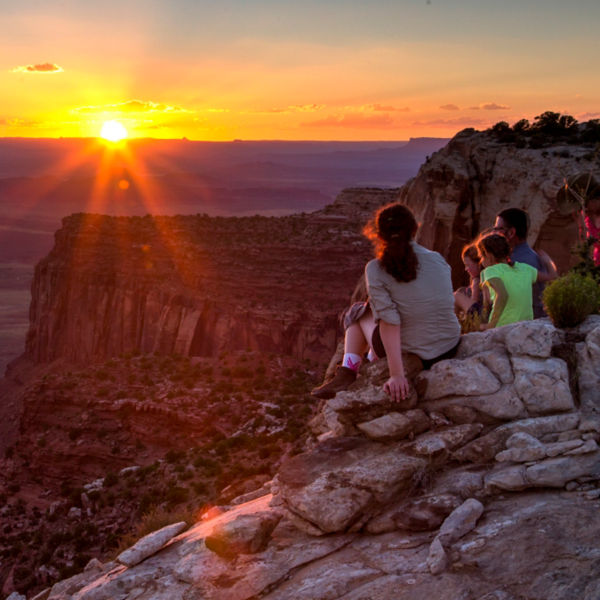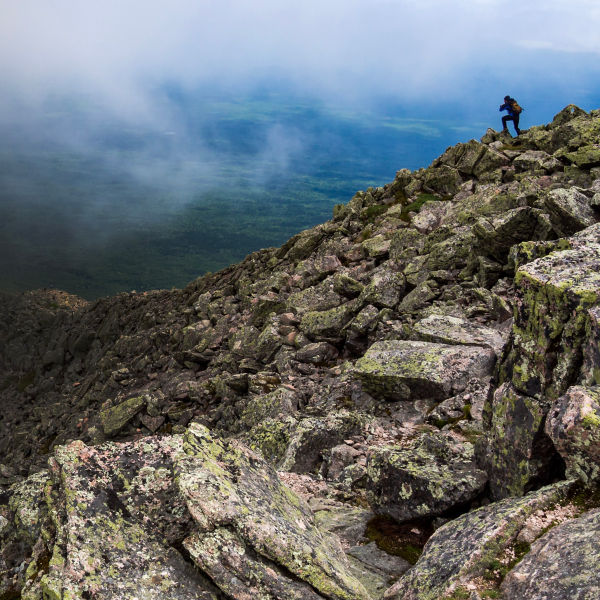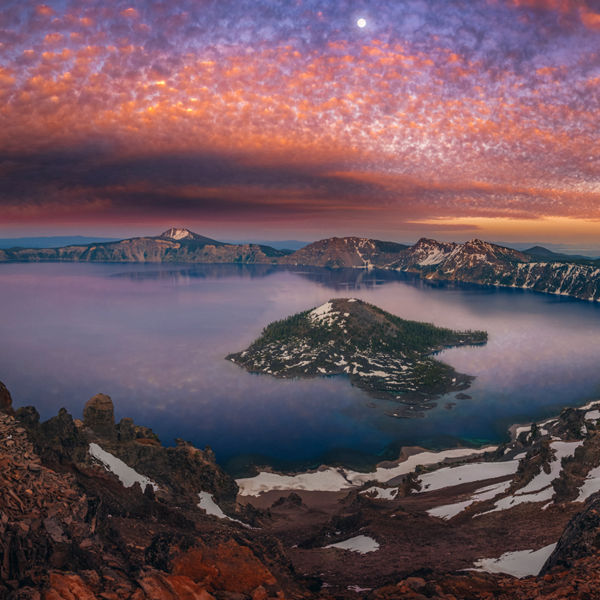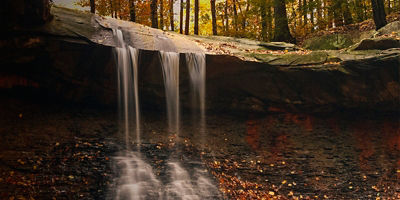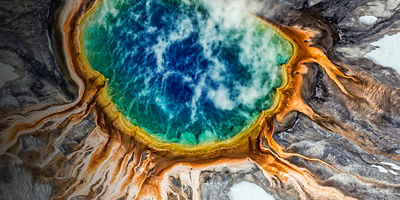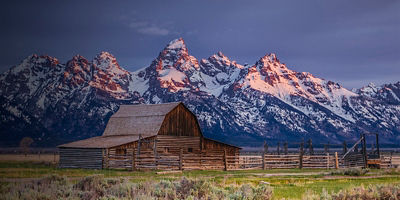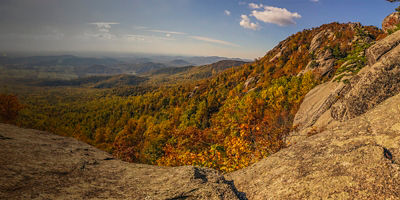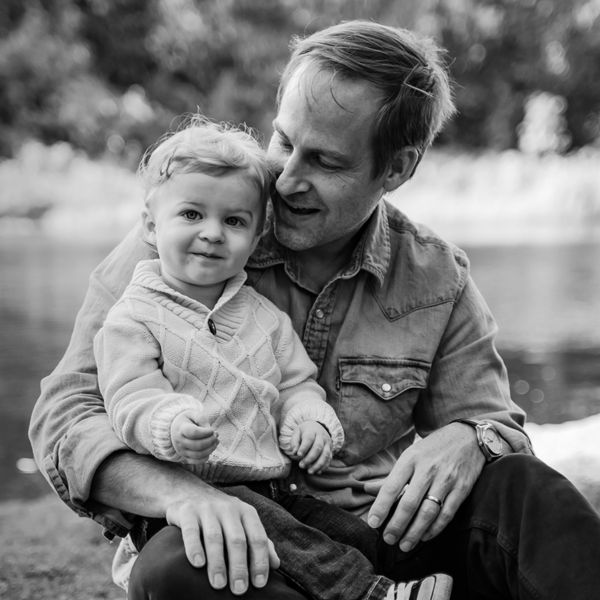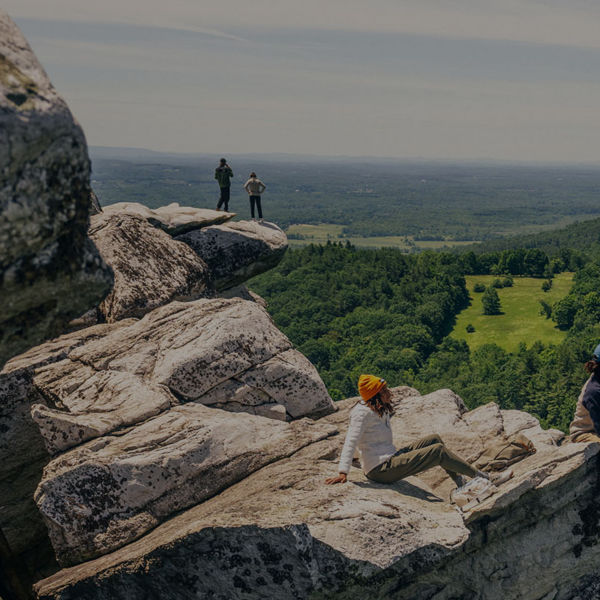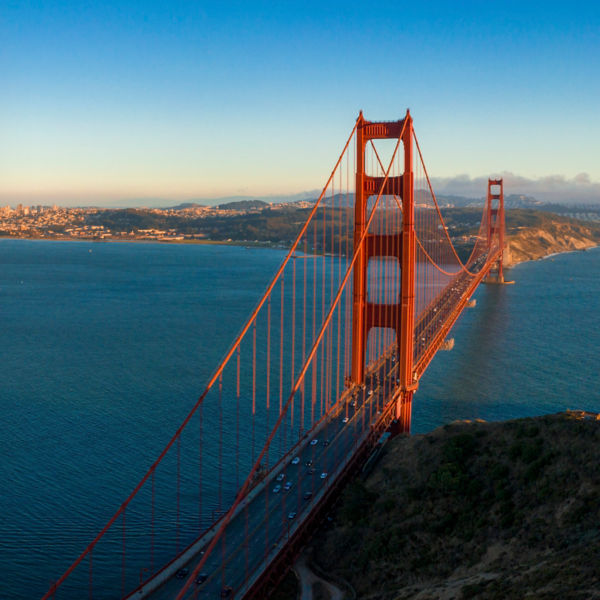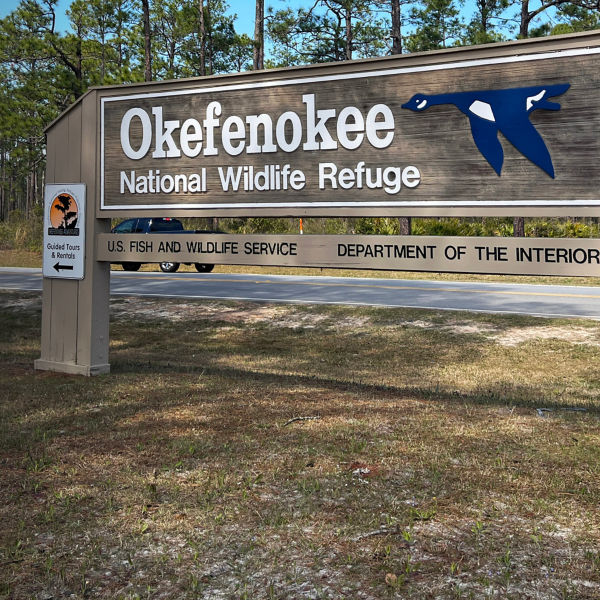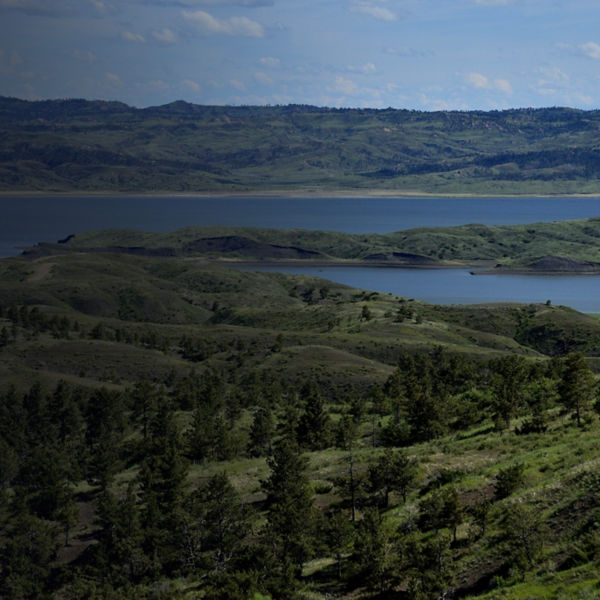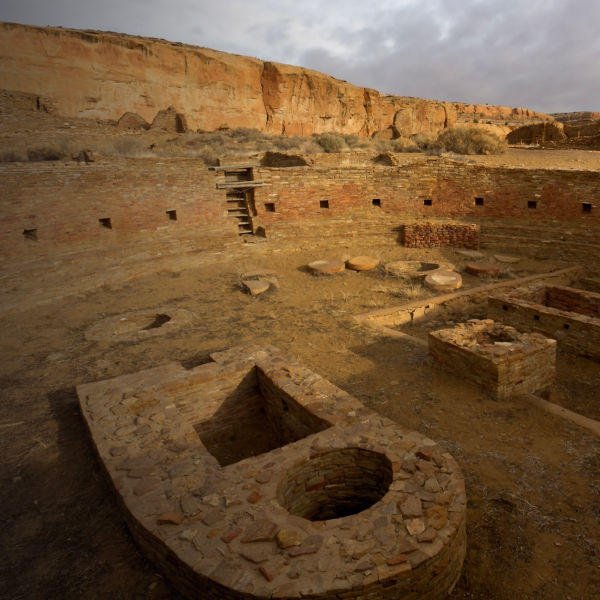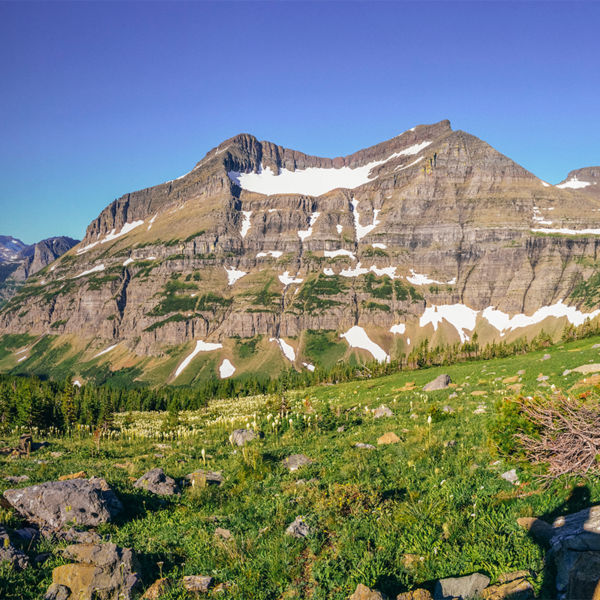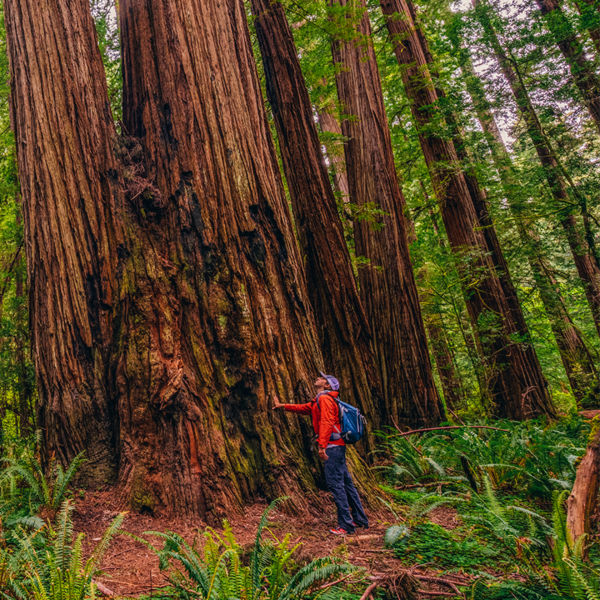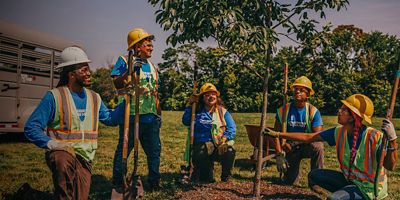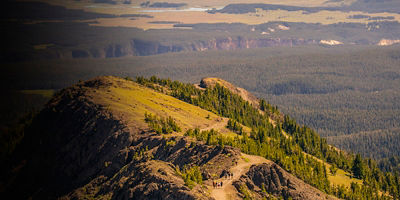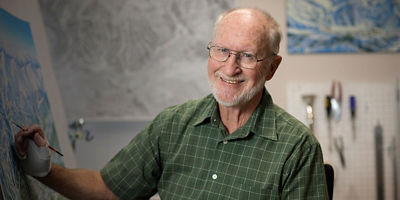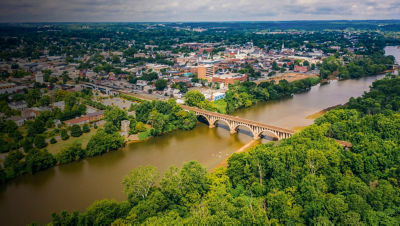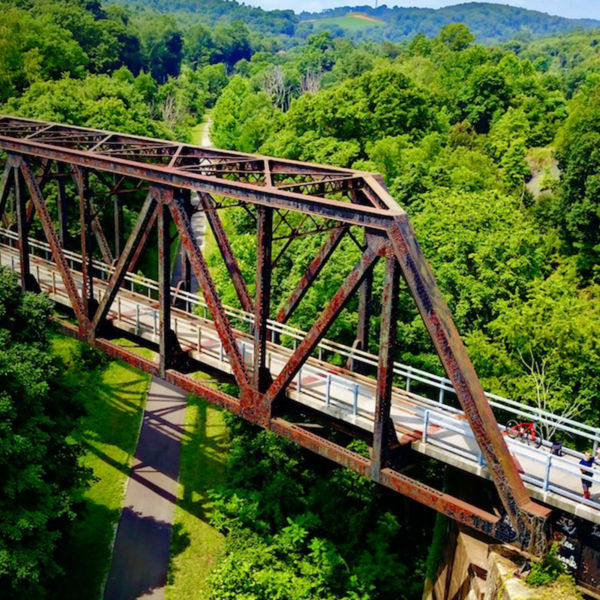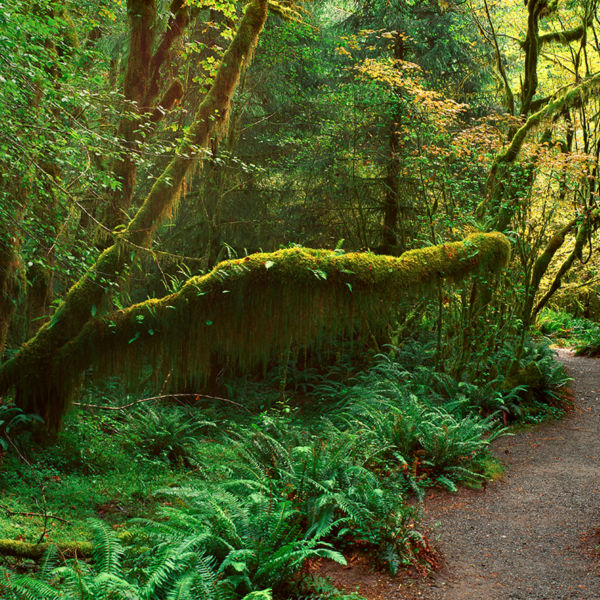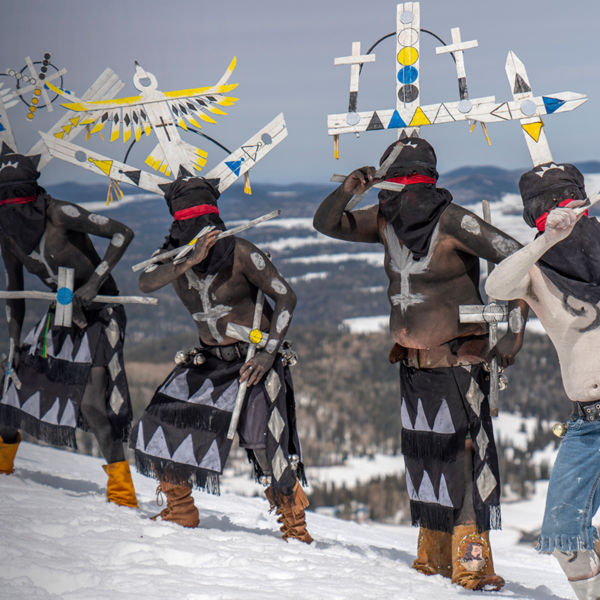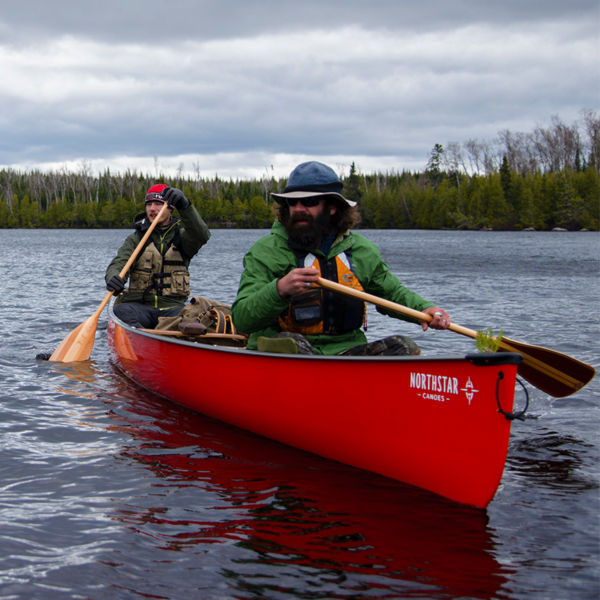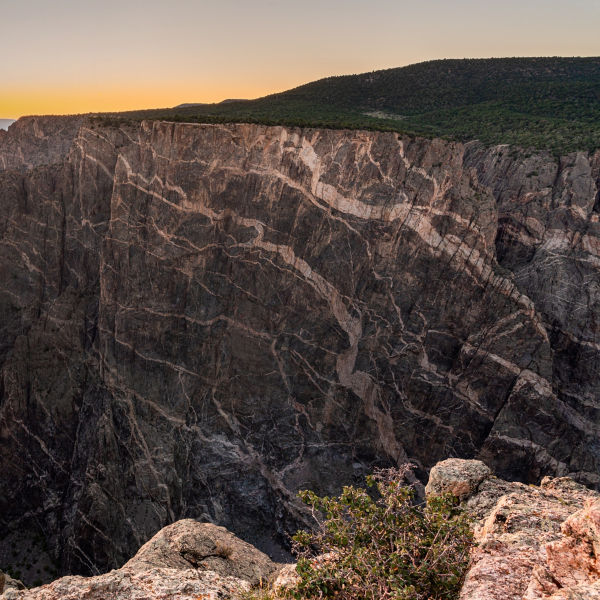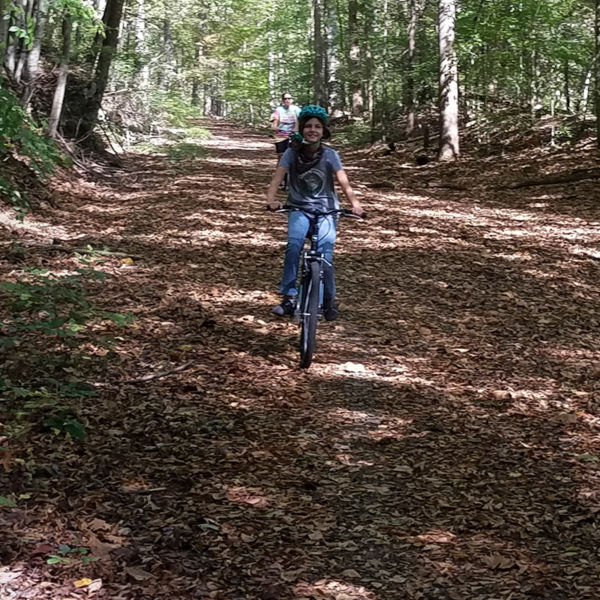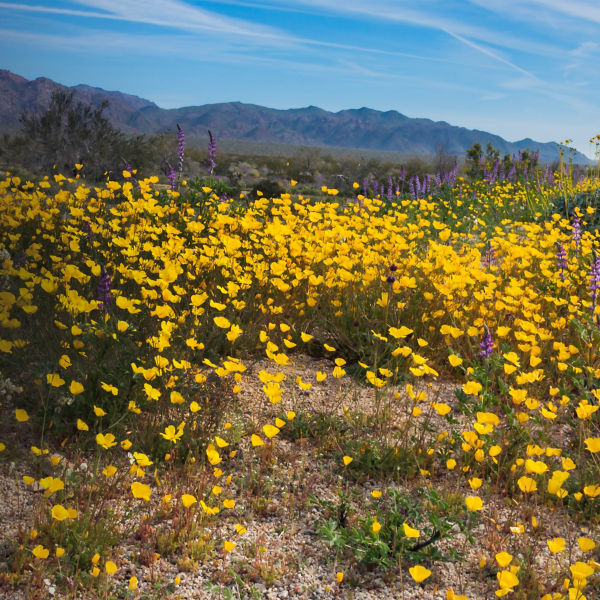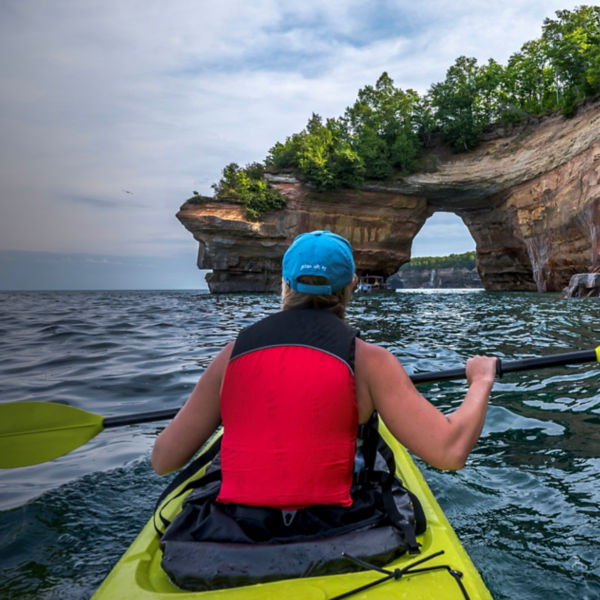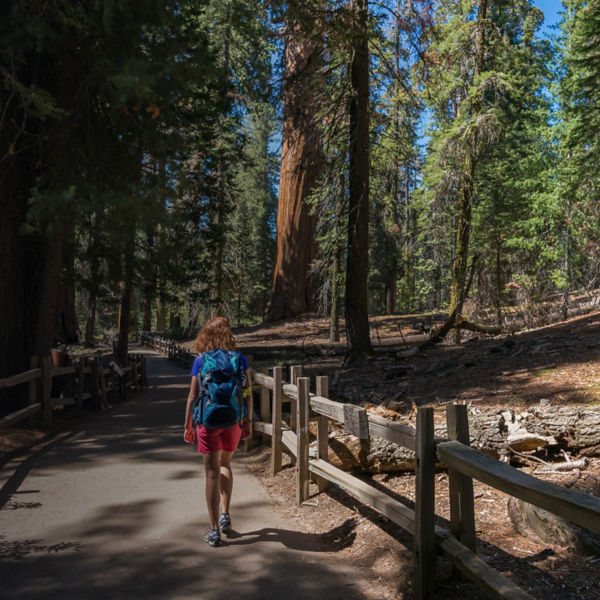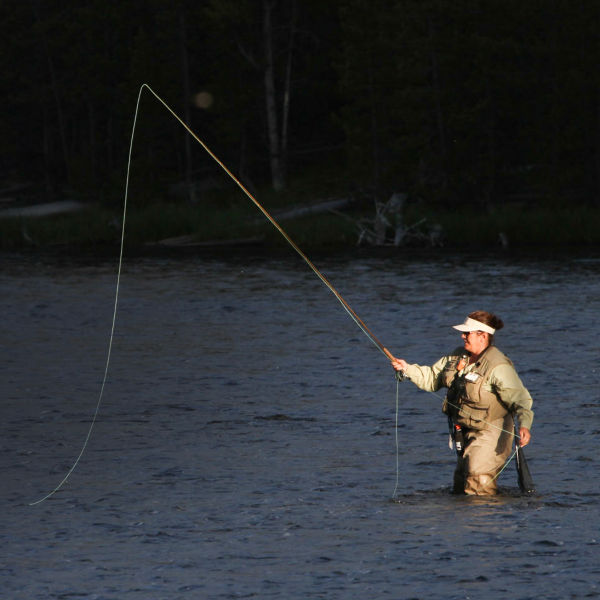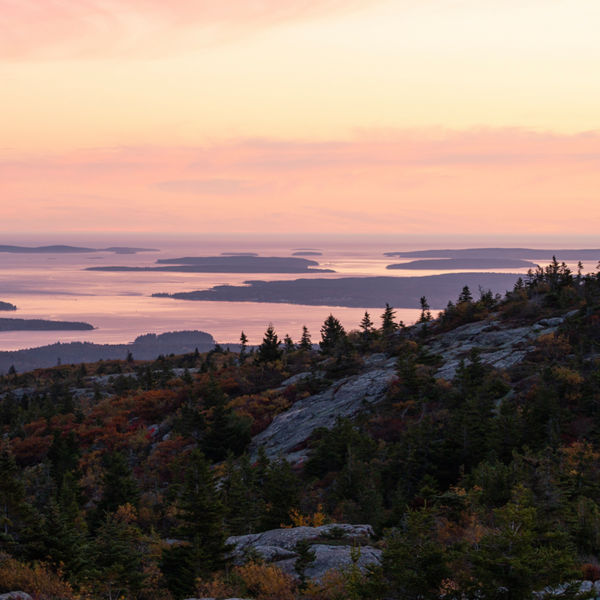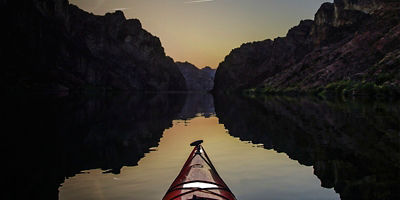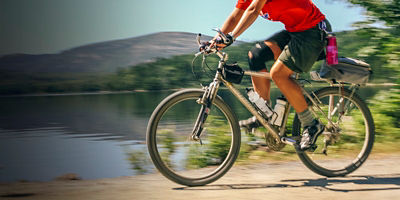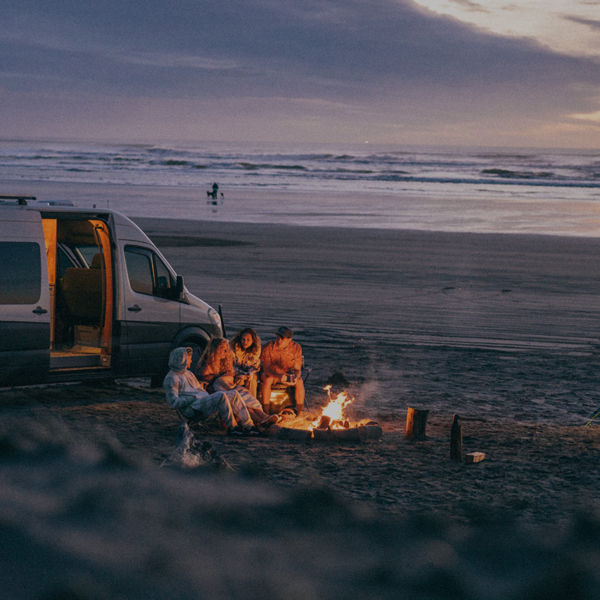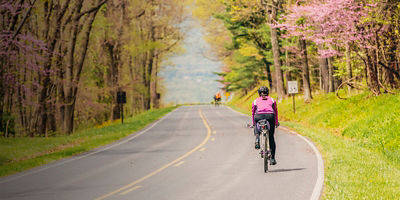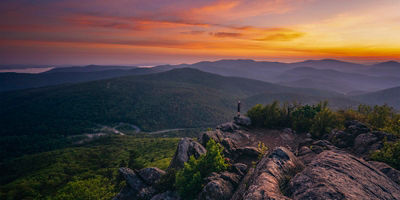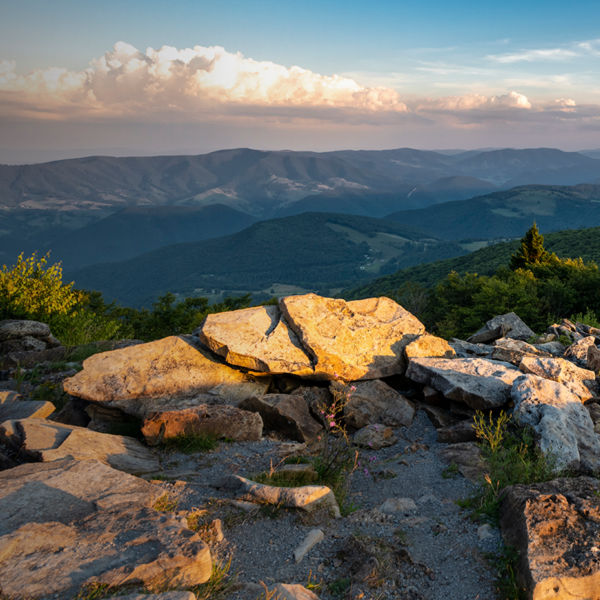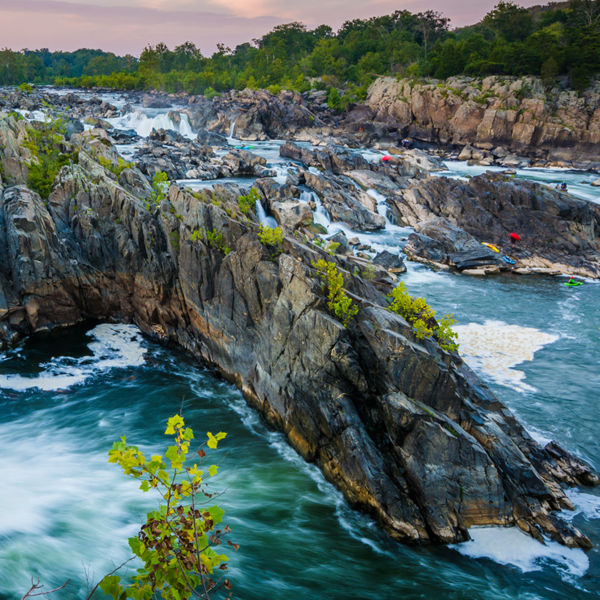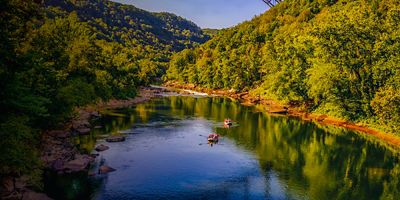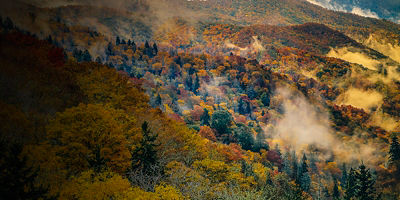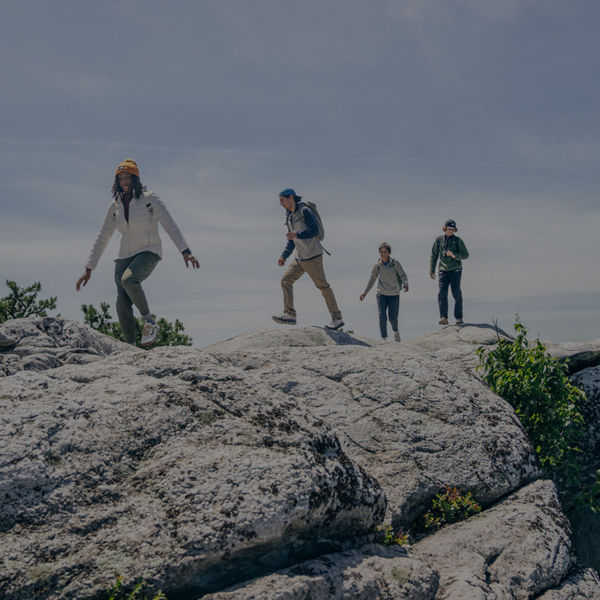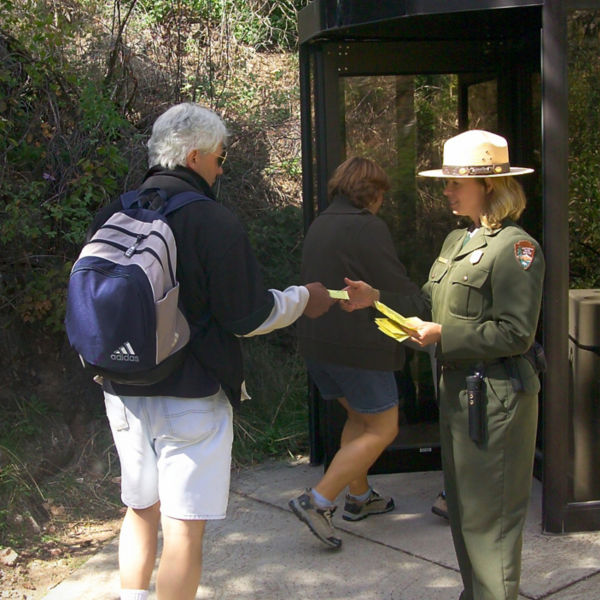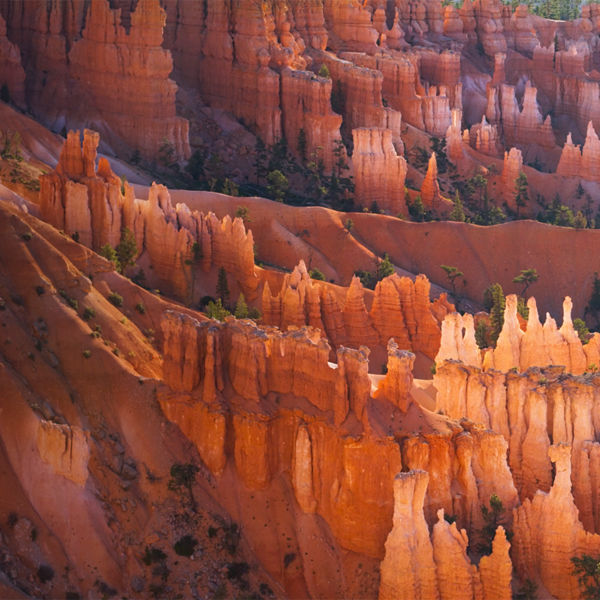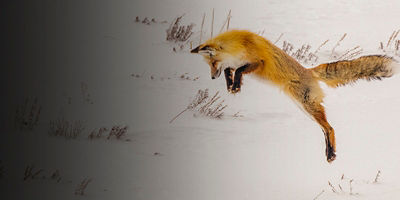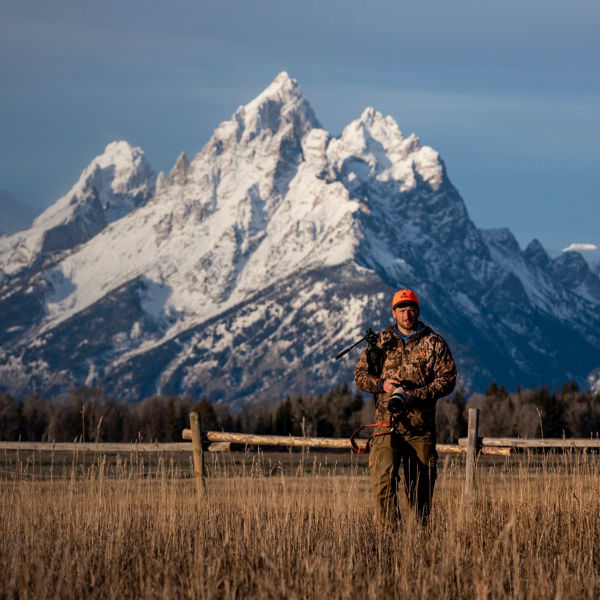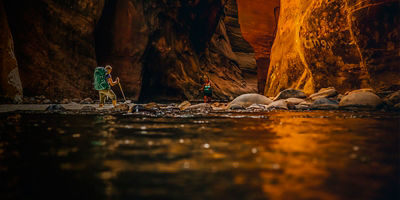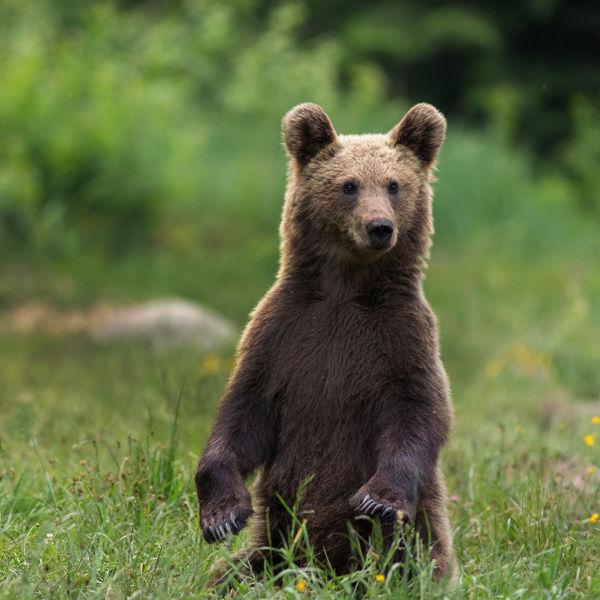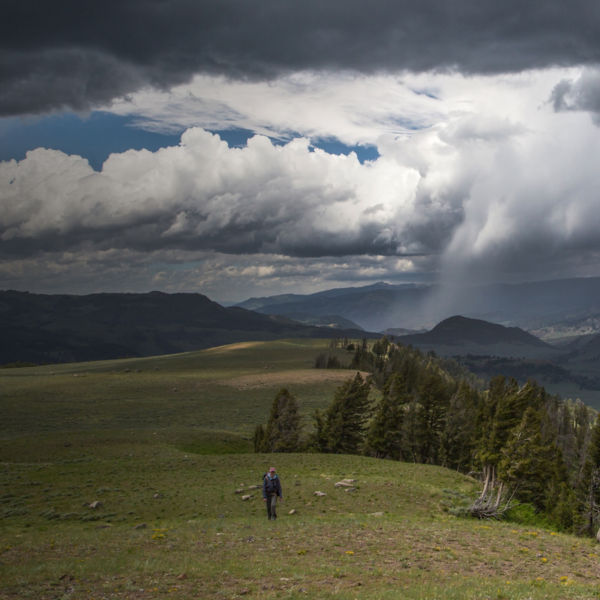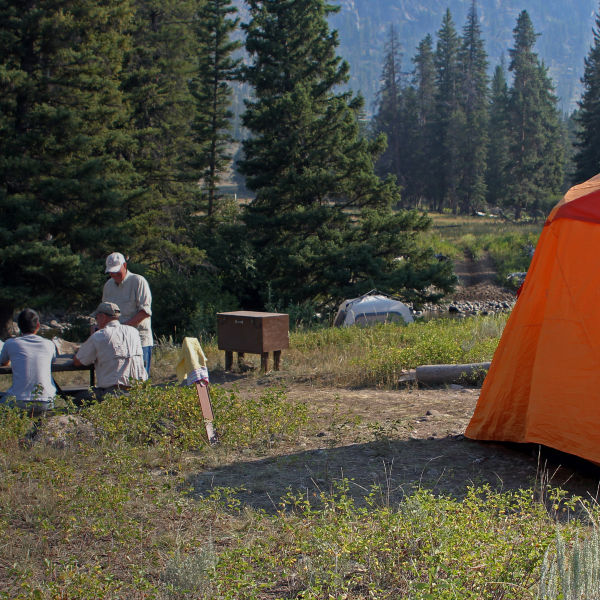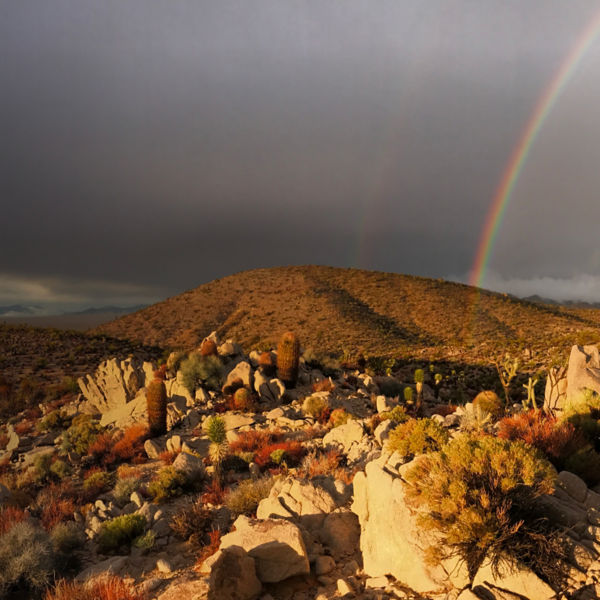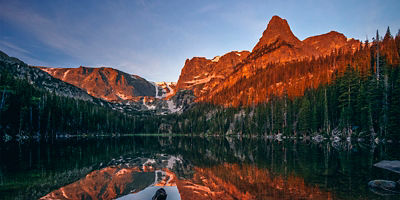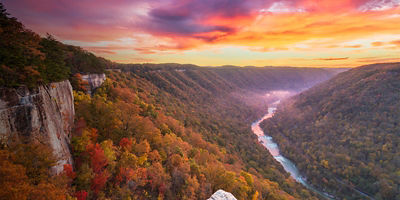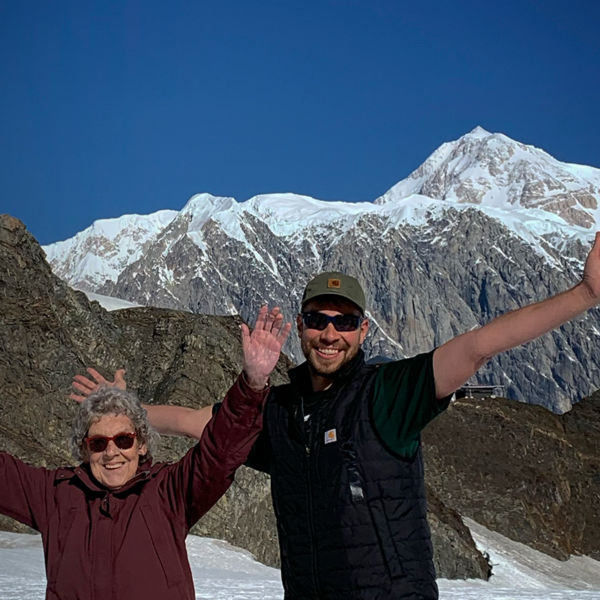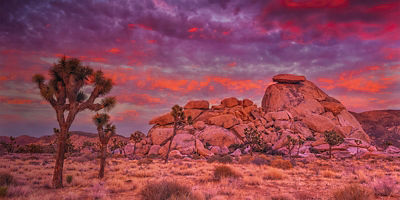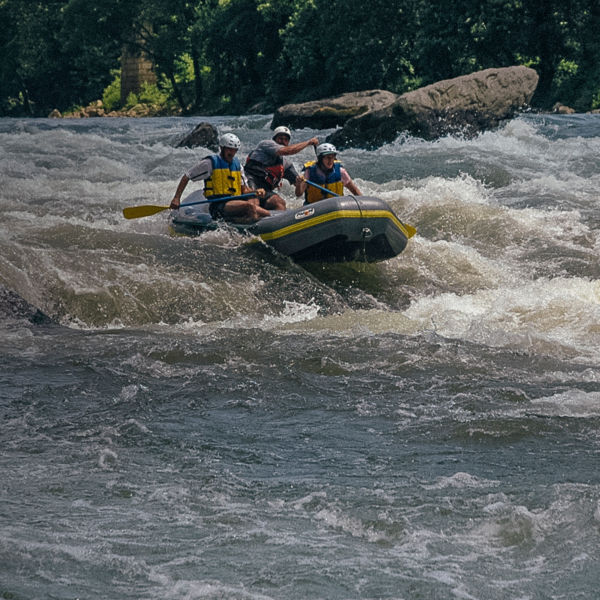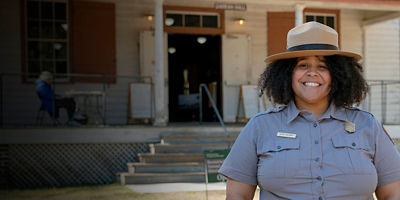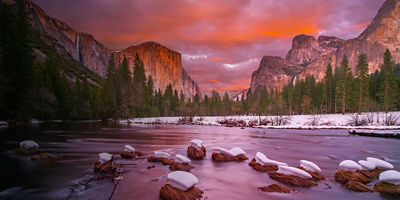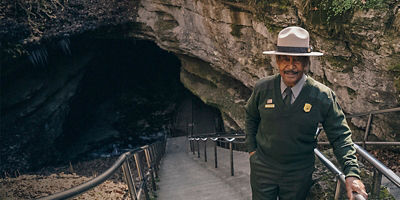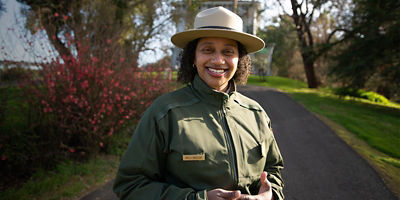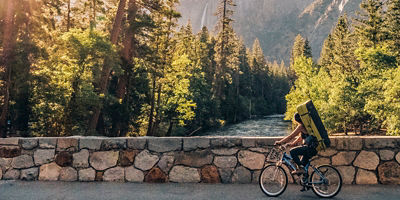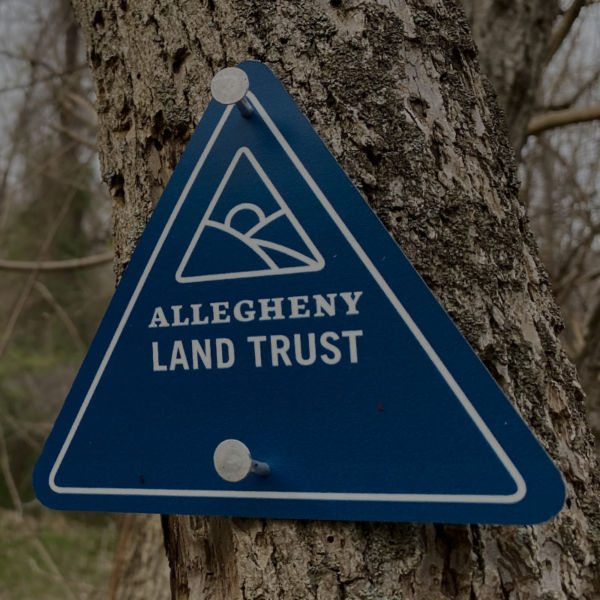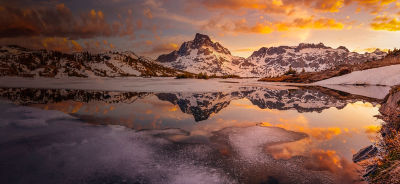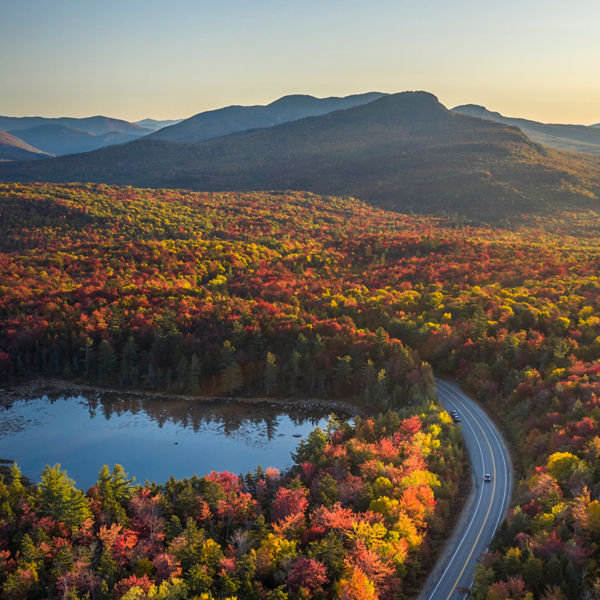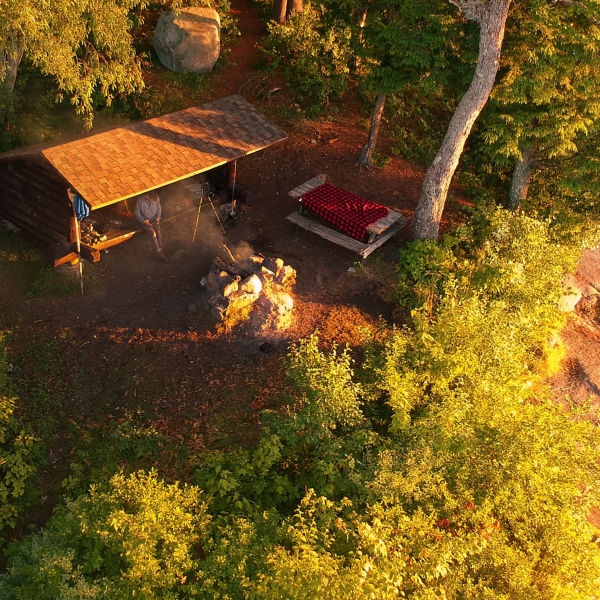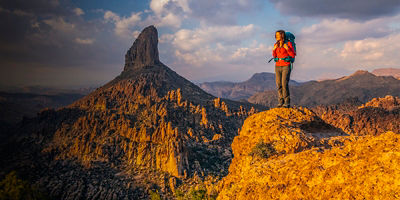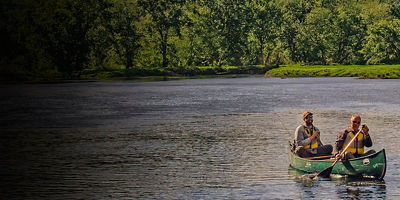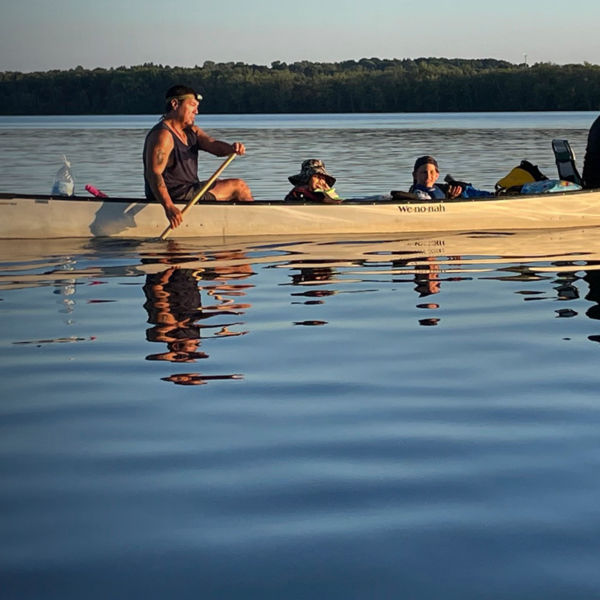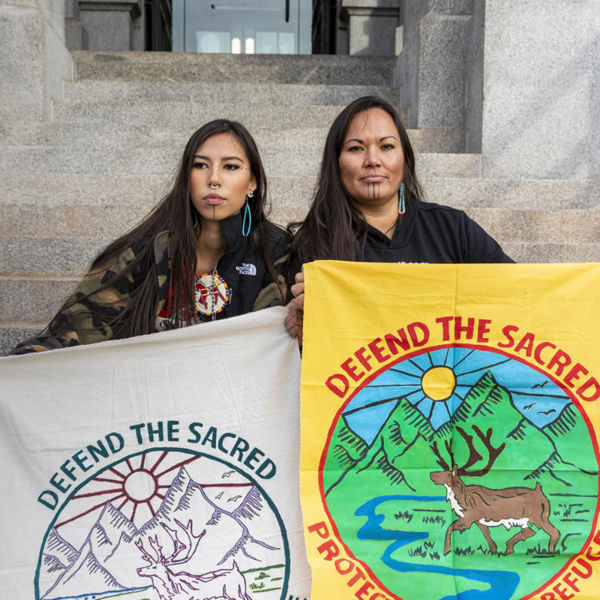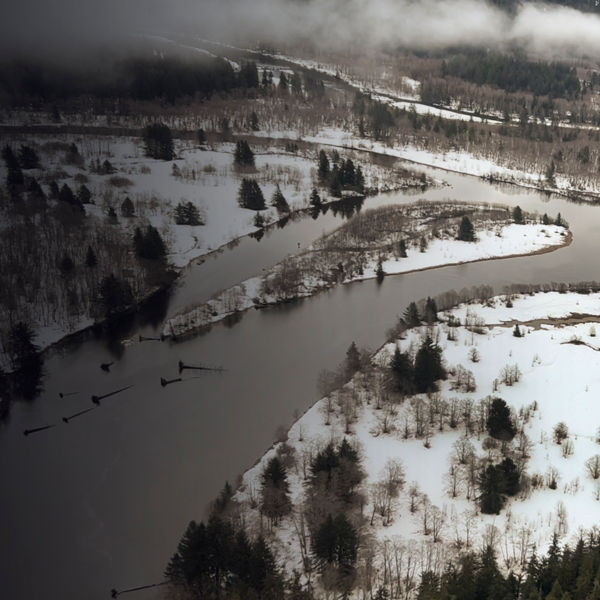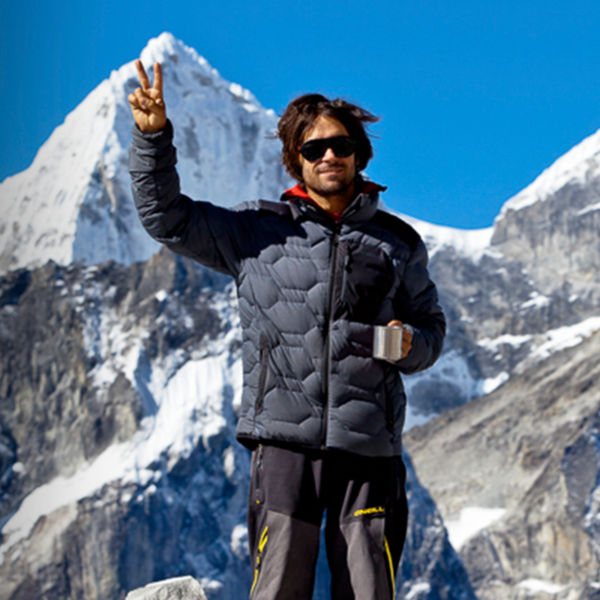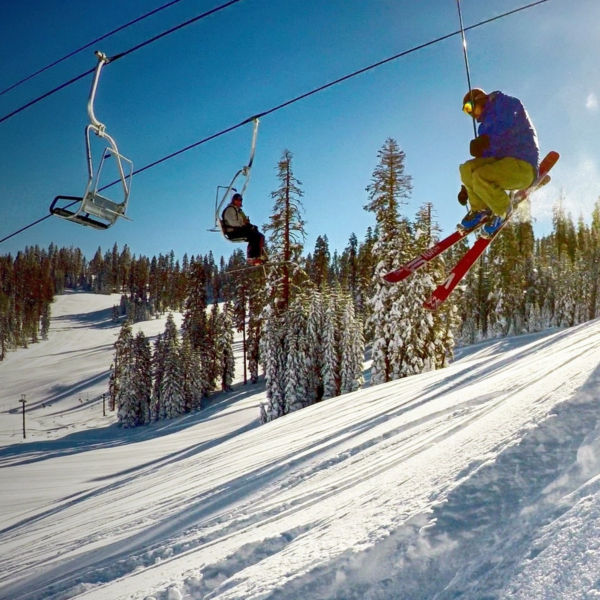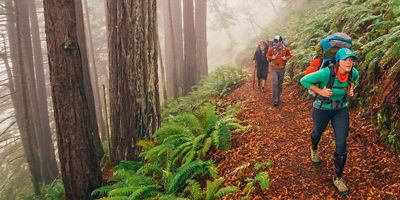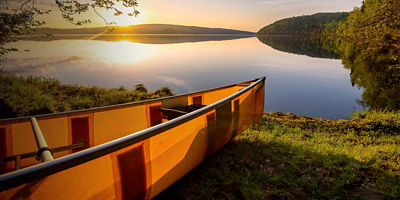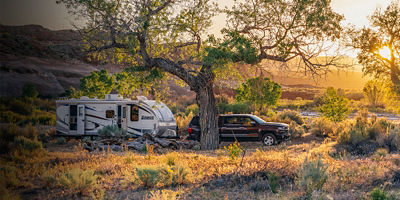
To celebrate and honor Women’s History Month, Public Lands is showcasing women who are making history now. We spoke with Gina Lucrezi, a trail runner and ultrarunner, and founder of Trail Sisters. She launched Trail Sisters in 2016 as a modest blog and it has grown to a booming community of 150 regional chapters, a website that offers free resources like online education, a race (with a generous cutoff to minimize the intimidation factor of not finishing), and so much more. Since the launch of Trail Sisters, Lucrezi (she/her) has worked passionately, creatively, and tirelessly to empower thousands of women to get out on trails.
By Lisa Jhung
LISA JHUNG: Why did you start Trail Sisters? What was launching it like?
GINA LUCREZI: I started Trail Sisters to grow more opportunity and participation for women in trail running and hiking by utilizing inspiration, education, and empowerment. The way I came to that mission statement was from spending time behind the scenes in the trail running industry, and from being a runner. I had the ability to work every little position in the marketing arena, and so the experiences I had [revealed] a lot of void in the space—a lack of voice for women in the sport, perspective, even product.
It was hard to see all that, because as a participant myself [she’s also a professional runner], I knew there were many women that loved it, and would love to have more product or would love to see more things written about women, and written by women.
[I thought] heck, I can complain about this, and be angry, but what will really make some version of a change is to put this into action and create an online journal. So that’s how it started in 2016. I invited seven other women to contribute an article—it could be about anything, really, as long as it was educational, inspirational, or empowering. We did one article per week for a few months. It gained traction, and people from the community asked if they could contribute, so it turned into a crowd-sourced platform for any and all voices of those who identified as a woman. It grew from there. We started doing retreats. We now have about 150 local groups. We have a race.
When I started it at my kitchen table in Boulder, Colorado, I didn’t have any idea it would be where it is today. It was just, ‘I need to do something!’
What do you think has contributed to the growth? What’s drawn so many women in?
You know, there are a few things. There’s the social aspect, but what’s really taken it to another level is the community itself. I think of myself as one cog on a giant wheel and everybody else who is a Trail Sister is also a cog and we’re just kind of making this thing go round and round. Nobody’s more important than the other. I couldn’t have gotten Trail Sisters here by myself. It takes a village, like our local group leaders, and the Trail Sisters team—all of those women have reach. They talk to their friends. They bring them in and share the message.
The whole thing about Trail Sisters is we don’t have any barriers to entry. If you want to be a Trail Sister, you’re a Trail Sister. There’s no membership fee.
We’re really big on education, so if we can provide you what you need, that helps you to feel empowered. And when you’re empowered, you feel confident, and you can go out and do your thing. Hopefully, people are able to take something away and then go spread this message to somebody else.
So, yes, I had an idea and got something started, but it’s really where it is today thanks to the entire community of Trail Sisters, and friends of Trail Sisters. There are also a ton of dudes out there who have been super supportive. It’s everybody.
You’ve based the Trail Sisters mission on three specific principles: education, inspiration, and empowerment. What do each of those words mean to you in the context of Trail Sisters?
My favorite one of those three is education, because that’s the core for anywhere you go in the world. The world is your oyster, but it really starts with having an understanding, a basic learning, of a certain thing. I feel there are a lot of women out there who don’t feel like they can do trail running because they don’t quite understand something.
If Trail Sisters can provide education in the space, whether it’s product information or wilderness, you name it, that will hopefully lead to the next step of empowering somebody to be out there feeling strong and confident in what they’re doing. I think when somebody’s empowered, they often have the ability to then help others.
And we do need to hear those stories of inspiration that hopefully trigger a person to think, ‘OK, I got this.’ Like, ‘Wow, she’s 62 and she’s starting trail running for the first time. I’m 45 and I didn’t think it was possible. Maybe I should give it a shot.’

